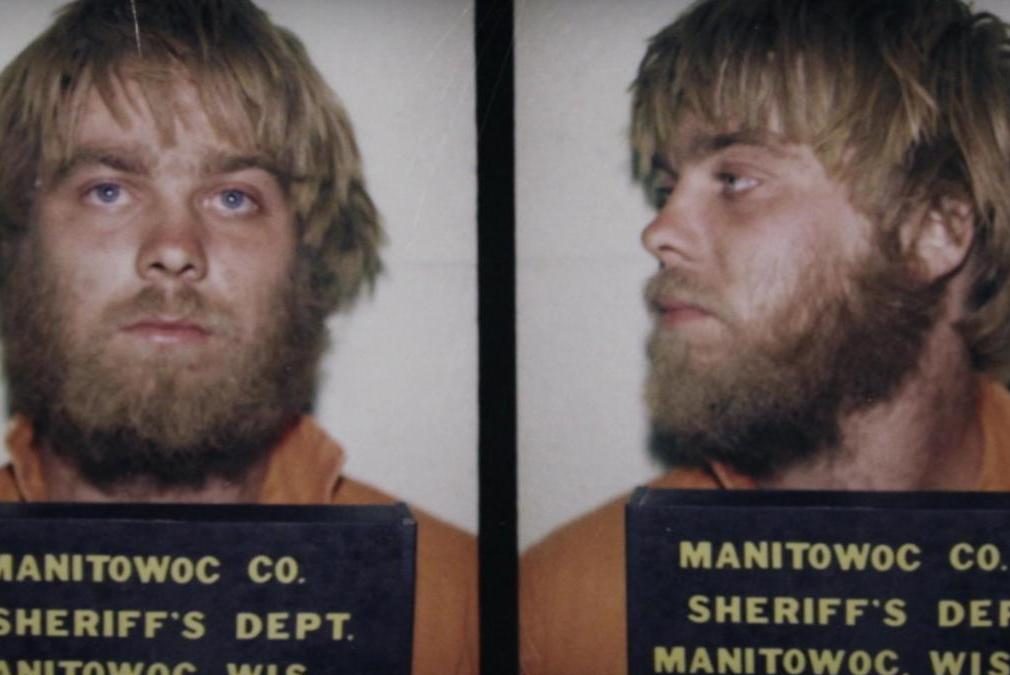Making a Murderer is a documentary about Steven Avery that took 10 years to make. Steven spent 18 years in prison for a sexual assault that he was later found not to have committed. Shortly after being released he was rearrested for murder and is currently serving life in prison. Steven was never a model citizen, but it’s pretty obvious from the documentary that Steven not only did not receive fair treatment by the courts, but he may have been set up by the local police.
While the documentary is clearly slanted in favor of Steven Avery, it is an eye opening look into what can go wrong with the legal system.
It’s about a conviction
Most people think that interrogations are about getting to the truth. The reality is that most interrogation techniques are about getting to a confession. In a perfect world they would one and the same. Several factors can make them diverge. Police are under pressure to close cases and once you have a confession, why would you look further? Unfortunately a skilled interrogator and less than skilled suspect can often lead to a confession regardless of guilt. Jurors think confessions are an admission of guilt. In many cases it is an example of someone telling their interrogator what they want to hear because they think they are helping themselves.
The opposite can be equally problematic. Police often question victims the same way. They ask leading questions that solicit specific responses. It can have an almost hypnotic effect on both victims and suspects. If you have ever seen a hypnotist walk up to someone and just start talking to them and within a few seconds the person is giving him their wallet and car keys, you have seen how easily people can be manipulated. In the case of police it’s generally not intentional, but the combination of distraction and language can result in behaviors that wouldn’t happen otherwise.
It’s the law
When something bad happens we think that the victims will get justice and the bad guys will be punished. The Steven Avery case shows a legal case that doesn’t make a lot of sense to the viewing audience. What seems blatantly obvious to the casual observer seems to be completely ignored by the legal system. What might follow proper procedures legally doesn’t always make sense. Lawyers pick and choose what evidence they want to use in court. Juries get confused by instructions. Evidence can be mishandled and sometimes tampered with. And sometimes the legal system does what it is supposed to do, but it still doesn’t do what is right.
Lessons learned
Educate yourself about the legal process. There are no guarantees, but the more you know about what should happen the better your chances of getting justice.
If you are giving a statement, try to give it to a person who is properly trained. Victims often are able to request the venue where they give a statement. Police are often either not trained in proper victim interview technique, or they are trained to interrogate. This can lead to undesirable outcomes. Most child advocacy centers and domestic violence organizations have access to qualified interviewers. Interviews can be coordinated with police, video taped, and observed.
Let us know if we can help you dealing with your family’s sexual abuse situation. For ideas to get started please check out our book on what to do during the early days after disclosure.

